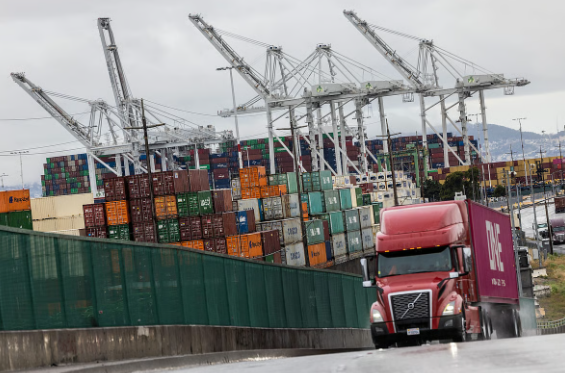Finance ministers and central bank governors from the Group of Seven (G7) nations are gathering this week in the Canadian resort town of Banff to focus on a unified approach to global economic challenges — even as tensions over U.S. trade tariffs threaten to strain their alliance.
The meeting, running from Tuesday to Thursday, comes amid growing concern among G7 members over steep new tariffs imposed by U.S. President Donald Trump. Several member countries — including Japan, Germany, France, and Italy — are facing potential tariff hikes to over 20% by early July. Canada, the host nation, remains under a 25% duty on some exports, while the UK has secured a limited trade deal that leaves most goods facing a 10% tariff.
Despite the rising trade friction, U.S. Treasury Secretary Scott Bessent is expected to steer the discussions toward broader goals, such as global economic security, support for Ukraine, artificial intelligence cooperation, and reinforcing multilateral institutions like the IMF and World Bank.
Bessent, seen as a moderating force within the Trump administration, has pledged to refocus G7 efforts on addressing global imbalances and unfair market practices, particularly those tied to China’s state-driven economic model. In bilateral meetings, ministers are also expected to push for relief from U.S. tariffs and advocate for more predictable trade policies.
“There’s little expectation of a major breakthrough,” said Charles Lichfield of the Atlantic Council. “But other G7 nations will likely press the U.S. to treat its allies with the same economic consideration it asks of them when countering China.”
A key goal of the meeting, insiders say, is to produce a joint communique that underscores unity. Canadian officials are pushing hard to finalize a consensus document — one that highlights support for Ukraine, continues the commitment to global financial stability, and outlines cooperation on shared issues like money laundering and private sector-driven growth.
Ukrainian Finance Minister Serhii Marchenko will join the talks, with G7 officials expected to express ongoing support for Kyiv amid its war with Russia. However, any statement is likely to stop short of firm new financial commitments, unlike the $50 billion loan package announced in October 2024.
Climate policy is expected to be a divisive topic, particularly given Trump’s departure from prior green energy initiatives. Still, G7 members remain hopeful that agreement can be reached on core areas of economic cooperation — even as they navigate the complexities of an unpredictable global trade environment.
The finance summit is seen as a key precursor to the upcoming G7 Leaders’ Summit in June, also to be held in Alberta, where broader geopolitical and economic issues will again take center stage.


